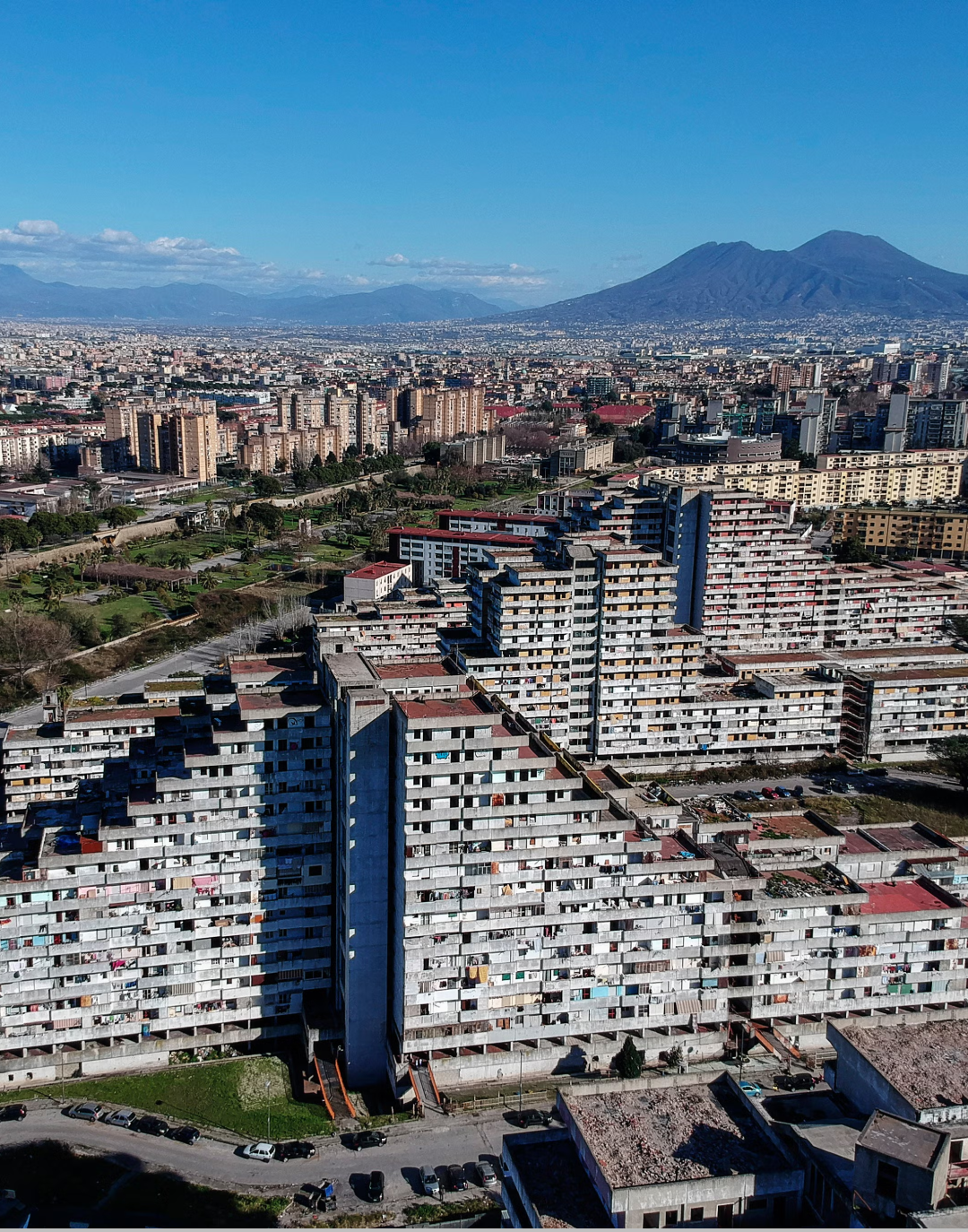
The returns will no longer be free Perhaps shopping will be less impulsive
According to the New York Post, returns may no longer be free soon: in the United States, Amazon has started charging $1 for returns, and clothing giants like H&M and Abercrombie & Fitch have also rejected free returns, with respective fees of $5.99 and $7 for customers returning items purchased on their e-commerce platforms. This change originated in the United Kingdom: Zara led the way by charging £1.95 to customers returning one or more items purchased online. This significant shift may soon be introduced in other European and non-European countries. The option of free returns is becoming increasingly challenging from both a logistical and economic standpoint, even for giants like YOOX, H&M, and Zara. According to data from the National Retail Federation, customers in the United States returned about 17% of the total merchandise purchased in 2022, generating a figure of $816 billion. According to information provided by the sales services company Inmar Intelligence, retailers spend $27 to process the return of a $100 item purchased online.
@tiktokforgood think before you buy & regift instead of doing an online return @thekatcurtis @thetrashwalker #TikTokForGood #FastFashion #SustainableLiving original sound - TikTok for Good
Changes are also imminent in Italy: Zara is once again at the forefront, making returns free only if the merchandise is returned to a physical store, a smart strategy that will also increase foot traffic in their stores. Alternatively, as reported by La Repubblica, the cost for each return request is €4.95, which will be deducted from the refund. According to H&M Italy, returns are free only for brand members, while non-members will have a deduction of €2.99. At Abercrombie & Fitch, starting from January 24, 2024, as explained on the website, unwanted merchandise can only be returned through a courier designated by the brand or in physical stores. This is likely to be a slow and gradual change, yet patience seems to be the only solution: it is a small but important step for companies, their workers, and the environment.












































